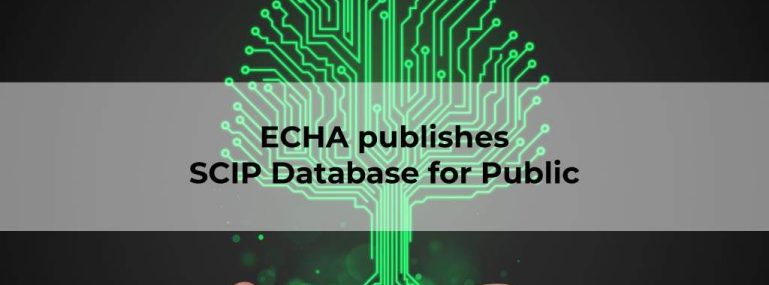ECHA has released the first public database of SCIP, which contains the results of testing on substances of very high concern. The SCIP database is a comprehensive and systematic compilation of chemical information on substances including potential adverse effects. This SCIP database allows consumers to be informed about their products and facilitates recycling and reusing of them.
The EU’s new SCIP database available to the public will help in the development and use of safer chemicals, and in identifying alternatives to hazardous substances for which there is no appropriate alternative.
There are around 6000 companies that have successfully comply with notifying SVHCs (Substance of high concern) in SCIP. There are more than four million article notifications in the database. It includes details on when restrictions were imposed, how they can be used safely if they are not banned, their potential risks and examples of where they have been subject to restrictions elsewhere in the world. This will help authorities in member states identify potentially harmful substances more quickly when new ones are brought onto their markets. Based on the information available; below are the common product categories that are notified.
- Furniture
- Vehicle and parts of vehicle
- Measuring instruments
- Electronic equipment
- Machinery and its parts
- Rubber products/article
Below are the most common substances that are notified by the companies:
- Dechlorane Plus, found in paints and Glue
- Lead Monoxide, found in Vehicle parts, lamps
- Lead, found in batteries and Ball bearings
- Lead titanium trioxide found in electronic items
- Silicid acid or lead salt found in Vehicle coatings and leaded crystalware
The data can be searched by Product category, chemical name, type of category, brand or article name. This data will help the consumers in buying products of their choice by understanding any hazardous substance in the product. Waste operators utilize the data to enhance the reuse of products.





